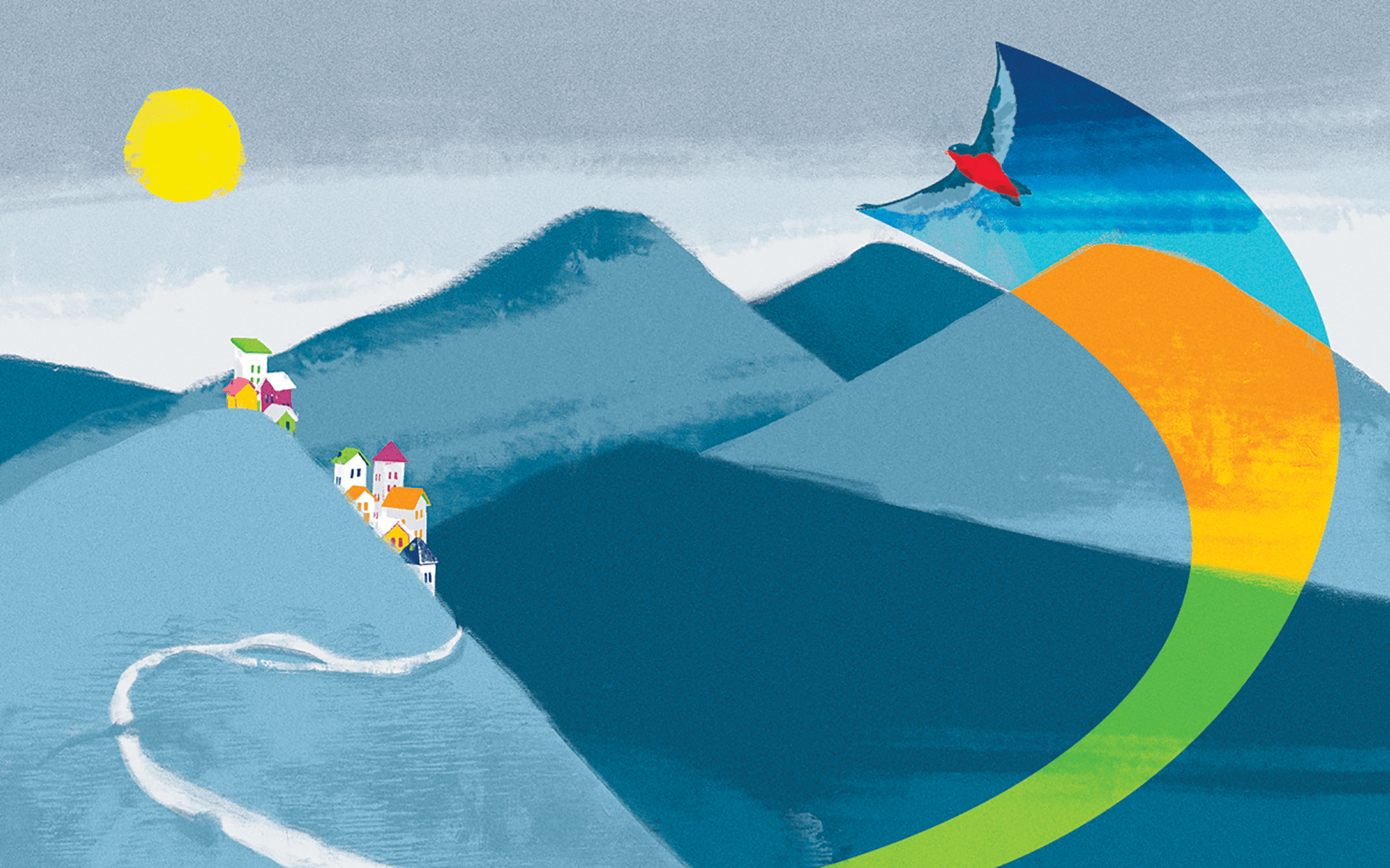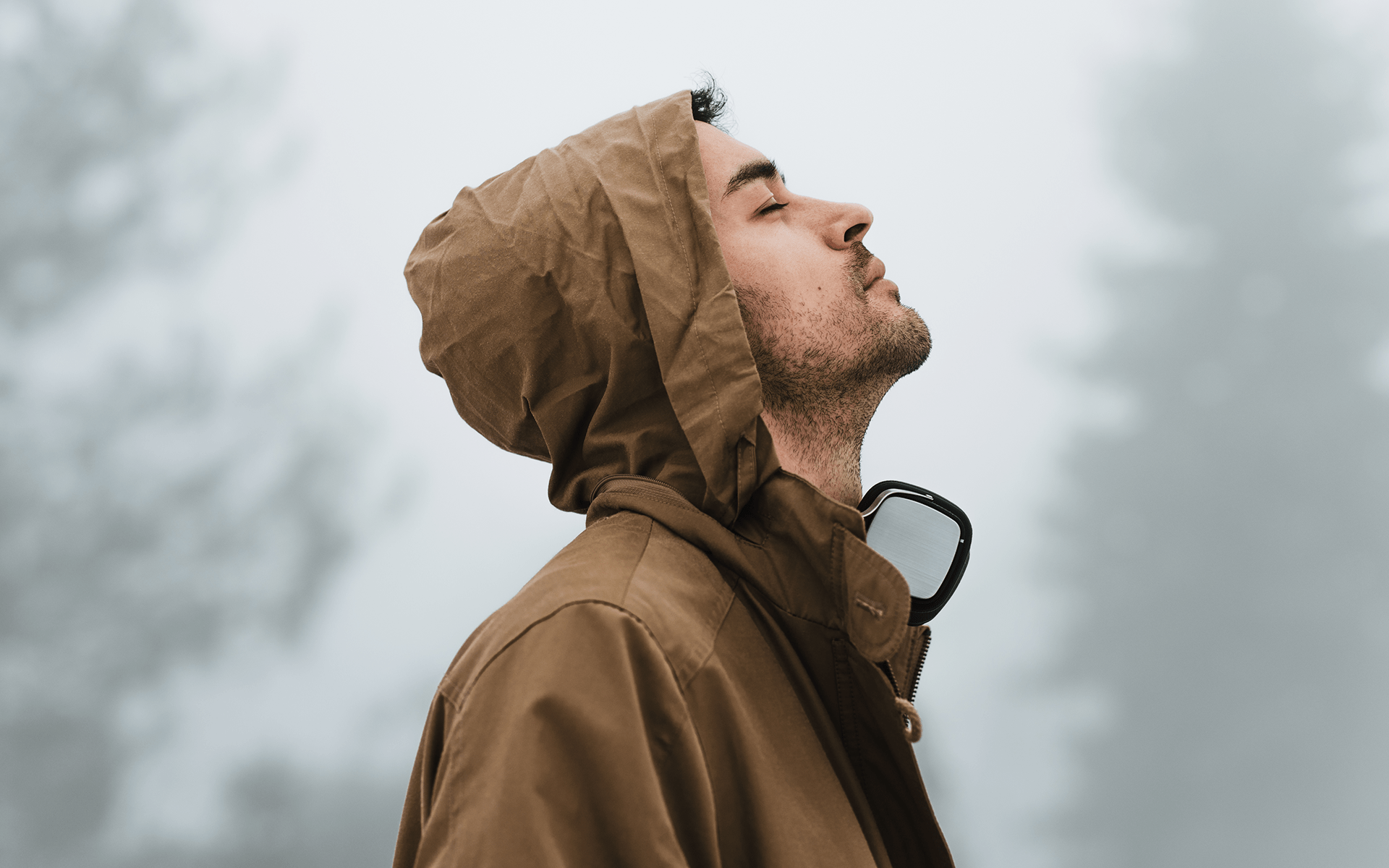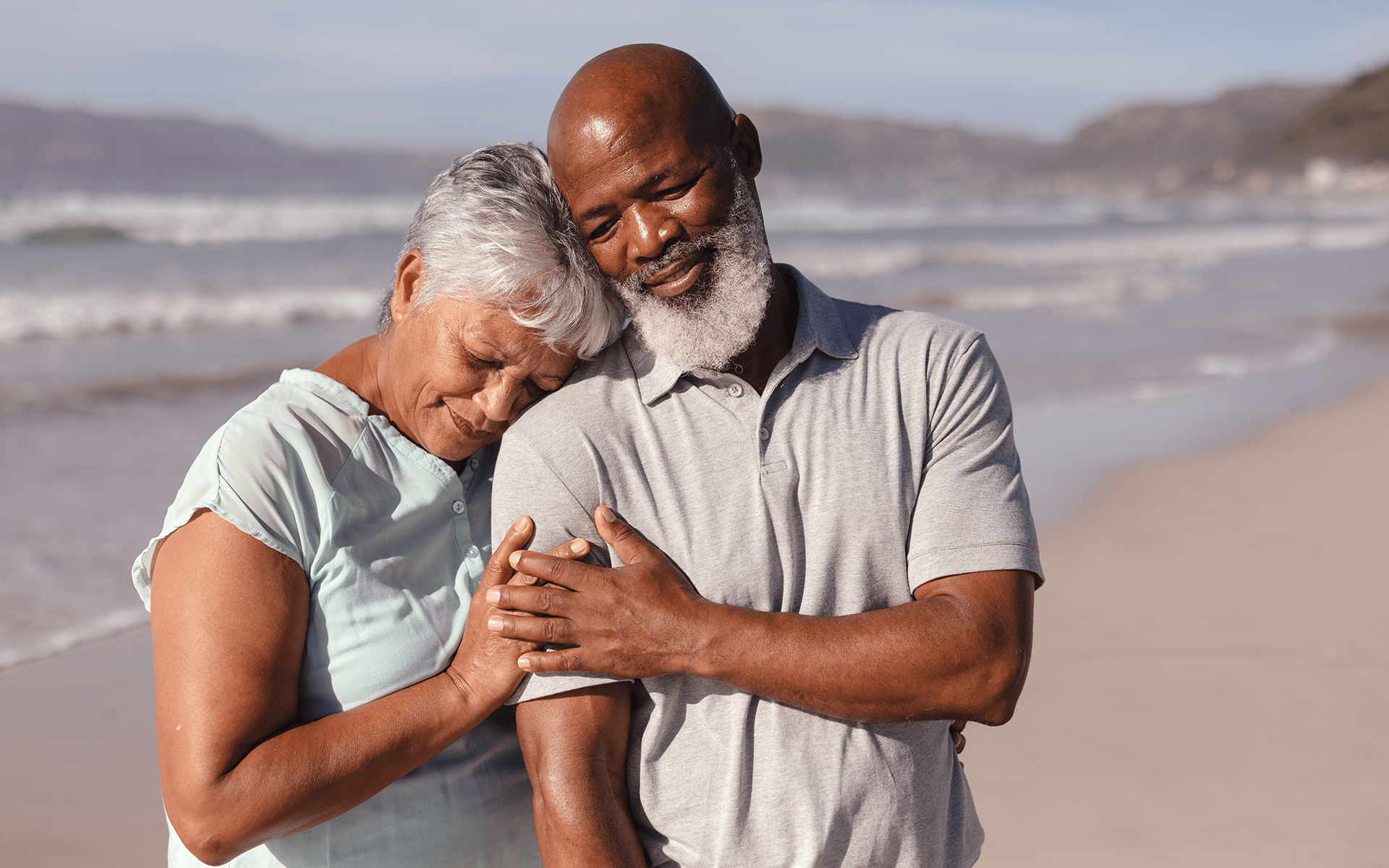Sandy Phillips was having trouble sleeping. Her daughter, Jessi, had been one of the victims of a mass shooting at a movie theater in Aurora, Colorado, in July 2012. “I couldn’t wrap my heart or my brain around what had happened to Jessi in that theater. In my dreams and really throughout the day, I would reenact the shooting, which was very unhealthy, of course, and very traumatizing,” she says. Working with a trauma therapist helped. “Part of her trauma therapy with me was to get me to actually breathe properly and to be able to calm my mind and take myself out of the theater where Jessi was killed.”
The day after their daughter’s murder, Sandy and her husband, Lonnie, dedicated themselves to helping other families grieve in the wake of gun violence. They sold their house in Texas, bought a motorhome, and now, almost 10 years after losing Jessi, they travel wherever they are needed to mentor survivors of gun violence.
One of the most potent tools they have is mindfulness. What began for Sandy in her therapist’s office was solidified when she met meditation teacher and Pandemic of Love founder Shelly Tygielski after the school shooting in Parkland, Florida. “She said, ‘I love the work you’re doing. Let’s bring mindfulness to those who are suffering.’” Together, they planned a retreat in Massachusetts.
Supporting Survivors of Gun Violence
“We brought in 40 survivors from all over the country,” Sandy says. “Some were from mass shootings—Parkland, Tree of Life. Some were individual shootings from Chicago and other places. And to see them go through that process of being able to let go through mindfulness practices—you could just see them become lighter people. I don’t think anybody left there unchanged.”
With Tygielski’s help, Survivors Empowered connected with Fadel Zeidan at the University of California San Diego’s Center for Mindfulness. Survivors from across the country learned Mindfulness-Based Stress Reduction, via Zoom, as part of a study. “The hope is to have these folks become certified, and be able to go back to their communities and be violence interrupters and violence healers,” says Sandy. “We really feel this is going to change how survivors respond to their grief.”
Just to know that these people will be going back into their own communities and offering the same thing to others, right there in their cities and their towns. That’s going to change a lot of people’s lives.”
Sandy Phillips
UCSD is developing a mindfulness program for survivors of gun violence, with 100 new participants to start training in February 2022. “The fact that they’re working with us to help survivors all across the country—that’s a legacy that Jessi would be incredibly proud of. Just to know that these people will be going back into their own communities and offering the same thing to others, right there in their cities and their towns. That’s going to change a lot of people’s lives.”
For Sandy and Lonnie, helping other survivors is vitally important. “Because we’ve seen people who do not receive trauma therapy or do not embrace mindfulness spiral out of control,” Sandy says. “We know that trauma can often become rage and anger. And that’s not good for them. It’s not good for society. So we just push as hard as we can, as gently as we can, and we’ve seen the difference.” Sandy says people she’s known through the group for years, people whose grief is a decade or more old, are able to find some release through mindfulness. “To see them able to put together a healthier life and embrace mindfulness—it’s a beautiful thing to witness.”
The Ripple Effect of Mindfulness
Sandy believes the good that arises from mindfulness training can ripple outward. “The idea is to change community by community, because violence interruption and violence healing is really the key to the trauma that this country is suffering from gun violence.”
Sandy sleeps easier now. “I could focus on how horrible Jessi’s death was and continues to be,” she says. “But I choose to focus on how we’ve been able to lessen others’ pain. So it’s a good life. And that’s what we want survivors to understand: As horrible as life is without your loved one, it can still be a good life. There’ll always be a hole in your heart and there’ll always be a chair empty at the table. But it can be a good life and you can find joy and peace again.”
read more
Why Survivors of Gun Violence Are Turning to Mindfulness
The winding path of grief can be complicated by trauma. For survivors of gun violence, mindfulness can help people navigate their pain and support post-traumatic growth, one breath at a time.
Read More
A Trauma-Informed Meditation to Uncover the Potential for Healing
MBSR teacher John Taylor offers a five-step meditation for finding a greater sense of peace and freedom after trauma.
Read More
Caregivers, Let’s Talk About Caring for Yourself
As the caregiver of a loved one with chronic pain, you may experience painful emotions like grief, anger, or feeling stuck. Christiane Wolf explores how you can create the space to extend compassion to yourself, while building resilience to meet the challenges you face.
Read More









